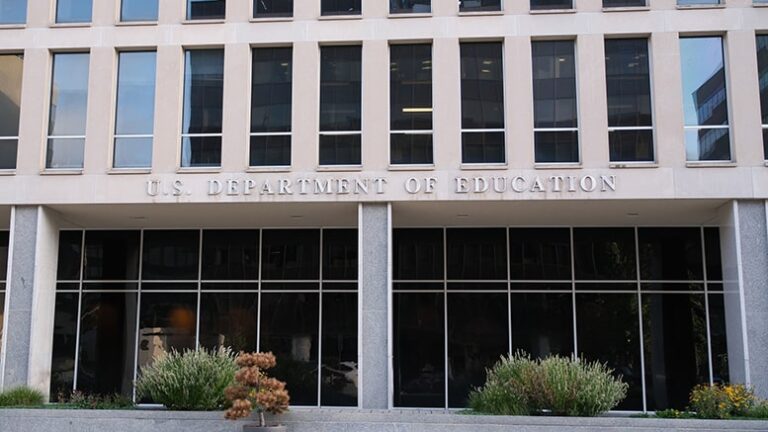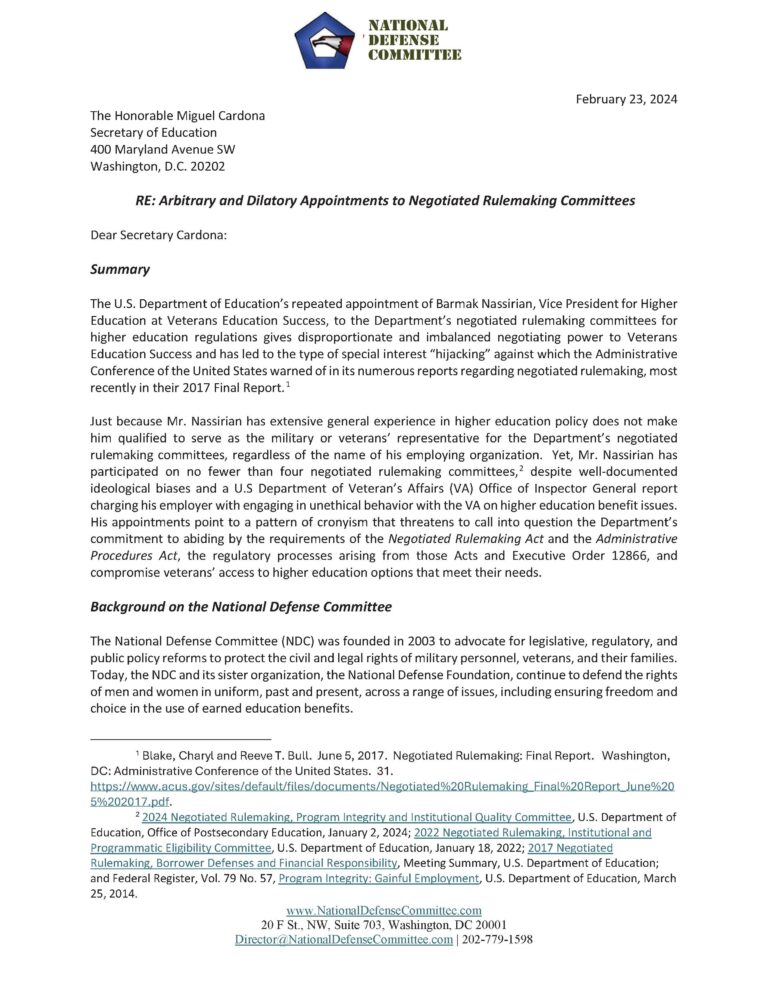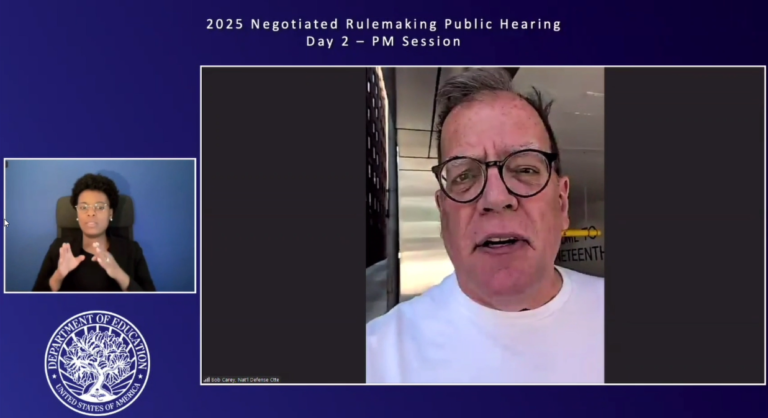Preparing Students for Success after College
We have written a lot about the Department of Education’s efforts to paint career colleges as a scam that saddles veterans with debt and leaves them unprepared for life after a degree.
In reality, career colleges offer non-traditional students a cost-effective path to higher education with tailored programming and career-applicable coursework. Many name-brand universities might better be described as profiteers that look more like businesses focused on padding their pocketbooks.
A recent report found the sticker price at traditional four-year colleges has increased 178% since 1990. These rising costs have impacted low-income students the most; net college costs have increased 70% for low-income students compared to 27% for high-income students.
These schools have used these rate hikes to fund wasteful spending, which has not benefited student outcomes. As the Wall Street Journal reported last year:
“The nation’s best-known public universities have been on an unfettered spending spree. Over the past two decades, they erected new skylines comprising snazzy academic buildings and dorms. They poured money into big-time sports programs and hired layers of administrators.
Then they passed the bill along to students.”
Sadly, this charge-and-spend model has not improved students’ post-graduation outlook. A third of college students graduate with no growth in their critical thinking or analytical reasoning skills, and 94 percent of business leaders say they avoid hiring recent graduates.
Not surprisingly, a majority of Americans do not believe college is worth the cost—a record low—and the lowest levels of confidence are among adults 18 – 35 years old. Those findings come as enrollment at four-year colleges and universities is at its lowest levels in a decade.
At the same time, nearly half of students say they are uncomfortable voicing opinions on controversial issues, and almost two-thirds say the political and social climate on their campus prevents them from freely expressing themselves.
In 2021, the Harvard Business Review wrote: “This archaic system [of higher education] simply no longer works in our modern world.”
Unfortunately, the Department of Education and its allies seem intent on propping up the traditional four-year university systems at the expense of career colleges.
You can read more about how the Department of Education uses every one of its regulatory and punitive tools possible to protect traditional public and private nonprofit schools from the competition posed by career colleges at our groundbreaking study, “Condescending Paternalism: The USDOE’s Unwarranted Limits on Veterans’ EARNED Education Benefits.”






